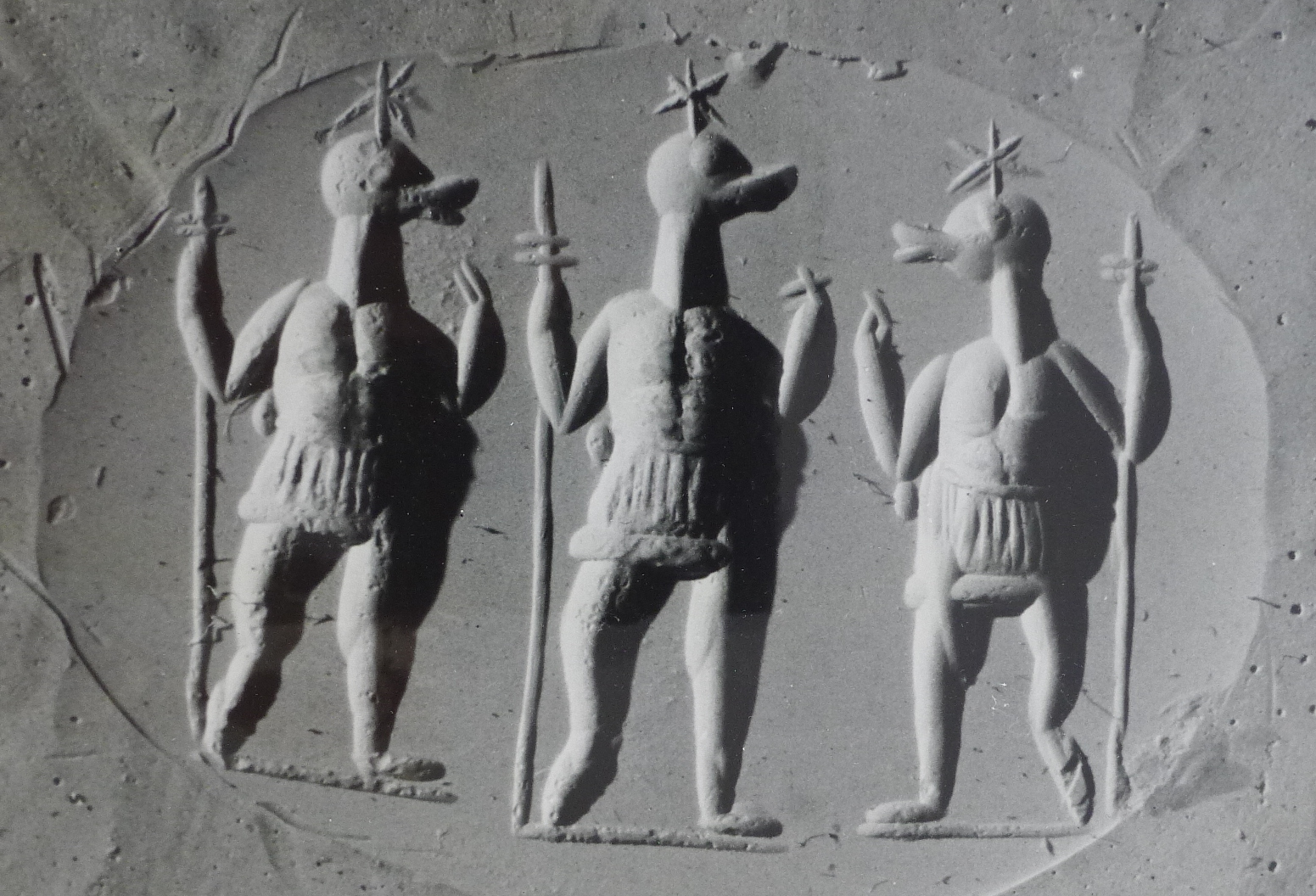Members-only podcast episode
Beyond the ‘Underworld’ with Dylan Burns

This is a special podcast episode for SHWEP members only
Already a member? Log in here to view this episode
In this continuation of our main interview, the SHWEP and Dylan Burns chat about many aspects of ancient philosophic esotericism, in particular the construction of ‘ancient wisdom narratives’ in which to couch philosophic ideas (the prototype for later perennialist ideas which are such a mainstay of western esoteric traditions).
We discuss the rise of Orpheus (and of his mates, like Musæus) as a philosophic authority in late antiquity (see Episode 22 for more on the great philosophic bard).
We look at Plutarch of Chæroneia, a Middle Platonist whom we shall be discussing soon in the podcast, whose exegesis of the Egyptian myth of Isis and Osiris in philosophic terms is an early adumbration of the kind of esoteric reading which becomes increasingly mainstream in later Platonism. It’s great stuff, but is it esoteric?
This leads to a discussion of the ‘Underworld’ of Platonism: in light of the use of myth and esoteric interpretation by someone like Plutarch, who is meant to be a ‘real’ philosopher, wherein does the ‘underworldness’ of this literature lie, exactly? We talk about the Hermetica: some of this material is really ‘philosophical’, although it does not rely too much on argumentation. This leads to some discussion of Gnostic texts, and the spectrum we find within them from the philosophically literate to the revelatory mythic narrative, with a whole intermediate range involving both styles too some degree. Dr Burns is unhappy with our glib formulation, and nuances this spectrum in terms of the commonality that all these texts share, in that they posit a human being who is superior to the creator of the world and to his creation, and they are structured apocalyptically; they remind us, at the end of the day, as much of 1 Enoch as of the Timæus of Plato, or rather of a delightful combination of both currents.
Works Discussed in this Episode:
That new edition of Diogenes Laertius we mentioned: Miller, J. (Ed.), 2018. Lives of the Eminent Philosophers. Oxford University Press, Oxford.


Kenneth Selens
June 13, 2020
Absolutely helpful couple of podcasts for a wide scope historical contextualization.
Loved the bit on Plutarch‘s ‘trippy’ cataphatic esotericism / mysticism, looking forward to more of that when I get to the podcasts on Plutarch. It seems fairly obvious that Earl has a particular affinity towards apophatic exposition, which is certainly very interesting and extremely important to the understanding of western culture as a whole. But, it is good to hear of the alternative which is foundational, but definitely seems less ‘prestigious’ as time marches on through to late antiquity and beyond…?
David Amaro-Alcala
April 10, 2021
I used the search function of the podcast and only found one reference to John the Baptists. I would have thought that he had a bigger position in Western Esotericism (WE). Is he a minor figure in WE?
Earl Fontainelle
April 10, 2021
Hmmm. Interesting question. I haven’t come across too much John the Baptist material myself, I must admit, in antique esotericism. Origen is the exception: he saw him as a very important figure in that his preaching marked the end of the dispensation of prophecy.
J. the B. plays a big role in some later traditions, though, that’s for sure.
Anyone know better here? I’m sure I’ve read about ‘heretical’ early Christians for whom the Baptist was the main man ….
Clark E Aitkins
May 20, 2021
Mr. Fontainelle, I wonder if you might be thinking of Mandaeism. I believe they were once labelled something like “the John Christians” in western academia. JBap is considered their founder if I’m not completely mistaken. I don’t know how appropriate it would be to call them esoteric, though.
Earl Fontainelle
May 21, 2021
Well, Clark, how could I forget the Mandæans, for gosh sakes? They are, as you say, superbaptists, and, although no one thinks nowadays that they are ‘gnostics’ (once a popular theory), they definitely have esoteric aspects to what they do.